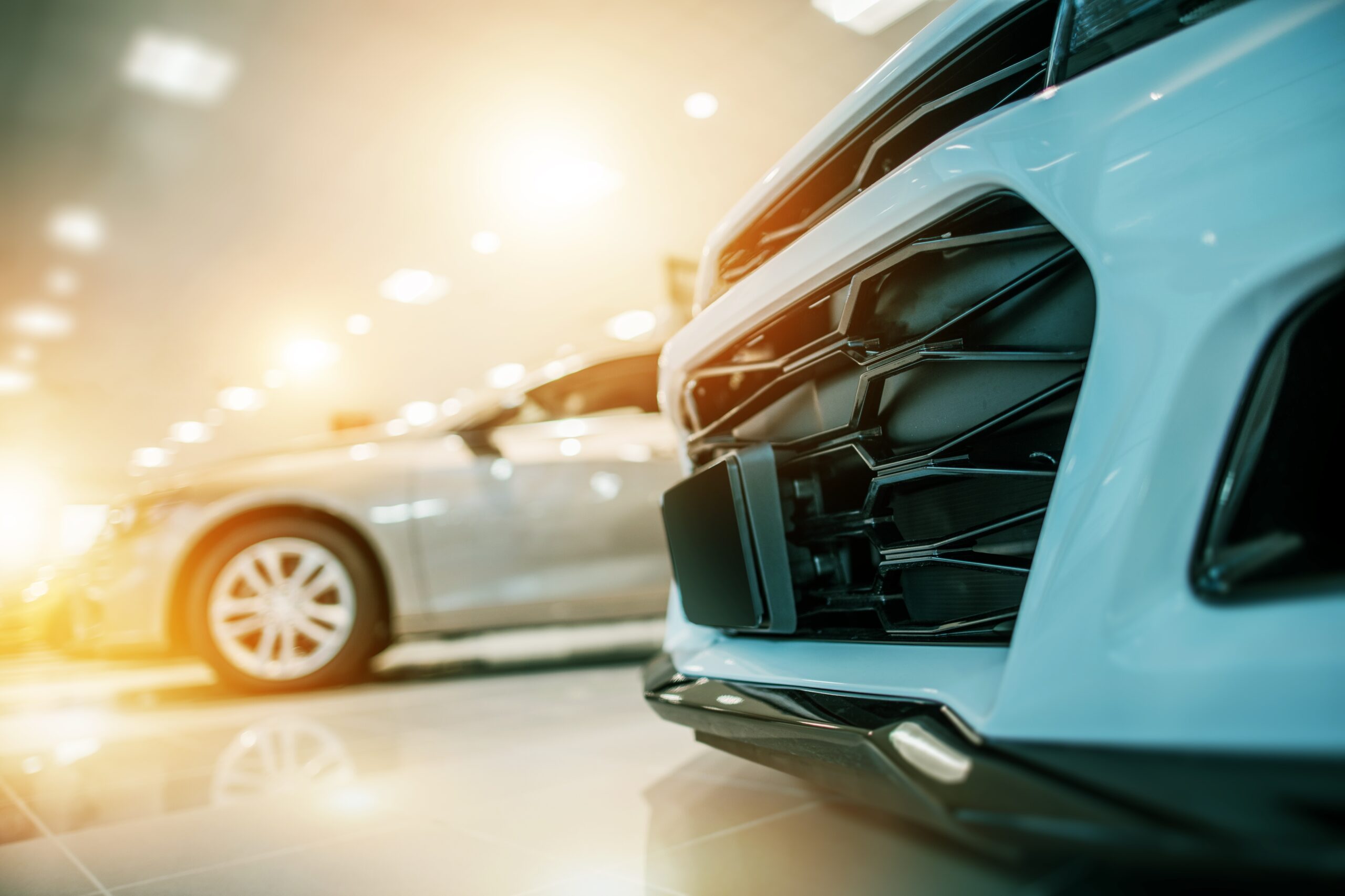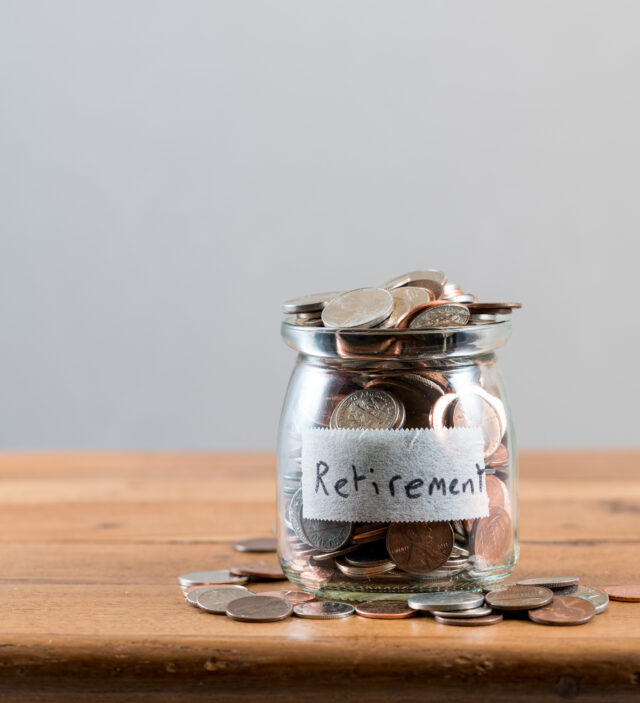Facing insurmountable debt can lead you to consider bankruptcy. A major concern, however, is often the fate of your vehicle. For most, a car is not merely a convenience but a vital asset, serving as the cornerstone for fulfilling critical daily responsibilities such as commuting to work, ensuring children reach school or appointments, and managing household errands. The prospect of losing this essential mode of transportation can add a significant layer of stress and uncertainty to an already difficult financial situation. Please continue reading to see whether or not you will lose your car in Chapter 7 bankruptcy, and how our experienced South Dakota Chapter 7 Bankruptcy Lawyers can assist you.
Can You Keep Your Car in Chapter 7 Bankruptcy?
First and foremost, it’s important to understand that Chapter 7 bankruptcy is designed to provide debtors with a fresh start by discharging most unsecured debts. This process involves the sale of non-exempt assets to repay creditors. However, not everyone qualifies for Chapter 7 bankruptcy. To be eligible, you need to meet the residency requirements, complete a credit counseling course from an approved agency, and pass the means test. If you are unsure whether you meet the specific legal criteria to file for this bankruptcy chapter, it’s in your best interest to consult with our knowledgeable South Dakota bankruptcy attorneys today for guidance.
Generally, your ability to retain your car hinges on three factors: South Dakota’s exemption laws, the vehicle’s value, and whether you are current on your loan payments. If you own the vehicle outright and its value is below the relevant exemptions, you may be able to keep it. South Dakota has a wildcard exemption that allows you to protect up to $5,000 in personal property, which can be used for your vehicle. If the car’s value is less than or equal to the exemption, you can keep it. However, if the car’s value exceeds this exemption, your bankruptcy trustee can sell the vehicle to pay creditors.
What if I Have a Car Loan?
When you file for bankruptcy, an automatic stay is triggered, which temporarily protects your car from repossession if you have a car loan. You can choose to reaffirm the loan, agreeing to remain responsible for the full debt and continuing payments after your bankruptcy case has concluded.
Car loans are considered secured debts, meaning the lender has a lien on the vehicle. Consequently, you cannot discharge this debt in Chapter 7 bankruptcy unless you surrender it. The lender retains the right to repossess the car if payments are not maintained, even after bankruptcy.
If your vehicle’s equity exceeds the exemptions or you are behind on your payments, it’s in your best interest to consider Chapter 13, which allows you to catch up on your payments over time. At 605 Bankruptcy, we are prepared to help you understand how South Dakota’s exemption laws apply to your specific situation. Connect with our firm today to explore your options.



